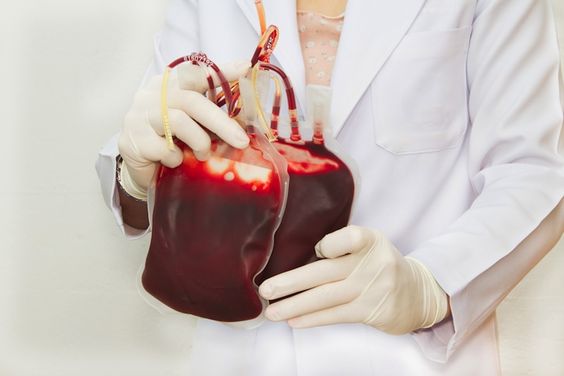If you happen to know someone who is a cancer patient, you must have some idea how expensive it is to treat one. To those who are still confused right now, treatment of diseases doesn’t necessarily mean curing it, though it is good to know that doctors are still finding means to find a cure for deadly diseases. In cancer’s case, treatment means making the disease somewhat bearable for the patient, making him or her motivated in all aspects to fight the disease.
Blood Transfusion for Leukemia Patients: Why is it Necessary?
Cutting long introductions short, leukemia treatment became expensive not only because of continuous medical monitoring and chemotherapy but for the required blood transfusions as well. Blood transfusion plays a vital part when it comes to blood-related diseases like leukemia and lymphoma.
Listed below are the main reasons why blood transfusion is necessary for leukemia patients.
- Blood Transfusion is needed whenever leukemia becomes worse. Due to the fact that the cancerous bone marrow doesn’t have the ability to produce normal blood cells, getting a blood transfusion is necessary. In order for the patient’s body to continue its proper functions, replacing the cancerous cells with normal ones must be done in a continuous phase.
- Blood Transfusion is needed after radiation and chemotherapy sessions. Since high amounts of radiation doesn’t make an exemption when it comes to killing almost every living thing, radio and chemotherapy also kills healthy cells along with the cancerous ones as a side effect. In order to reverse its ill effect, the doctors replace the lost healthy cells by blood transfusion. In this case, blood transfusions are known to be life-saving since it prevents unneeded medical complications from being experienced by the patient.
In case of patients suffering from leukemia, failure to have a blood transfusion can be downright fatal. Aside from the fact that the bone marrow doesn’t have the ability to produce healthy blood cells anymore, the transport of oxygen in the whole body will be greatly affected. In this case, the patient’s internal organs will suffer from oxygen and nutrient deprivation. This makes him or her more prone to disease and infection.
Keep in mind, however, that blood transfusions are not fail-safe. So if the patient feels weird right after having it, he or she must not hesitate telling the attending doctor or nurse about what he or she is actually feeling.
